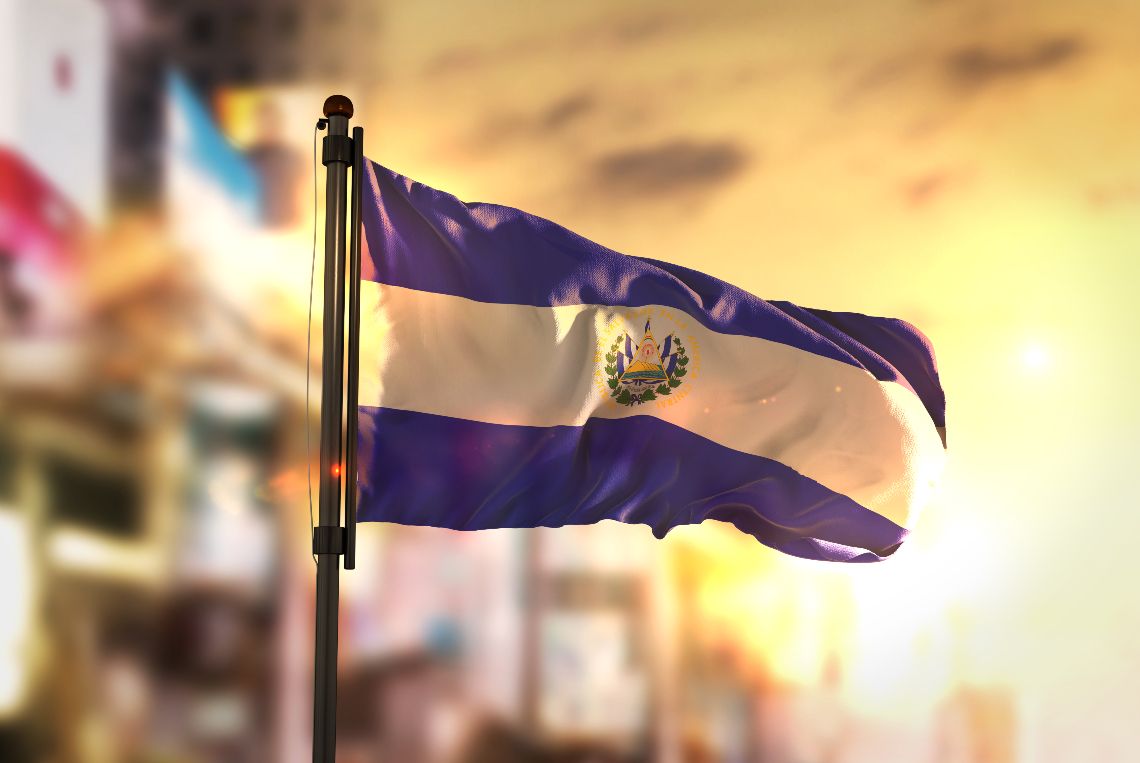Bitcoin will officially and effectively become legal tender in El Salvador next week.
https://twitter.com/DocumentingBTC/status/1432325751748112387
The country has not had its own national currency for some time, and in fact uses the US dollar as its common currency. Recently, however, more and more Salvadorians are still using bitcoin, especially for money remittances that are sent from abroad, which make up a very large part of the national GDP.
Bitcoin legal tender in El Salvador
So as of next week, the country will have two legal tender currencies, namely the US dollar and BTC.
However, there are still many people who are sceptical about this innovative and curious decision.
The Guardian reports that a number of technological, financial and criminal challenges threaten to derail President Nayib Bukele’s plan to steer the country’s economy out of its current choppy waters on the wave of cryptocurrencies.
While this does seem to be the plan, the mere introduction of bitcoin as legal tender in the country need not necessarily produce such results.
That is, a clear distinction should be made between what the current political leader of the country wants, and what the citizens want, and between the inevitable distorted narrative of political propaganda, and the description of the real living conditions of Salvadorans.
In other words, politicians come and go, and any political propaganda campaign is bound to have an (often short) end, but bitcoin remains. Therefore, rather than focusing on the possible success of Bukele’s political initiative, one should instead focus on the real long-term effects of such a decision, which is in fact completely outside the political career of the current president.
The risks associated with Bitcoin
Be that as it may, the challenge is there, and it is a real one, as the country still suffers too often from power cuts that render digital currencies completely unusable. However, this also applies to US dollars, unless physical notes and coins are used.
Another problem is the volatility of the price of BTC in dollars, which for the time being can only be solved by allowing very fast exchanges of bitcoin into dollars.
Many problems related to the concrete daily use of BTC already have solutions, but it is difficult to imagine that it would be easy to adopt them in a country like El Salvador. It will probably simply take time, and one should not expect everything to go smoothly from the first moment.
Some are objectively difficult to resolve, such as those related to the risk of turning the country into a centre for money laundering.
Local economist Ricardo Castañeda, for example, says that the president has not fully understood the implications of the new law making bitcoin legal tender in the country, and in particular the risk of “converting the country into a haven for money laundering”.
On the other hand, Central America is already widely known to be populated by several tax havens, and El Salvador could be no exception.
In addition, the Guardian also reports that the regulatory framework for implementing the law has yet to be published, and there are rumours that there could be delays. In addition, Moody’s has downgraded El Salvador’s debt due to fears of “weakened governance”, and the IMF, which is supposed to provide a USD 1 billion loan, is sceptical.
In cases like these, however, it is quite normal for there to be scepticism, since uncertainty and absolute novelty always inevitably generate doubts, and therefore fears.
The reaction of the population
That said, it is estimated that about two thirds of the country’s inhabitants are not willing to accept BTC as a means of payment, at least for now.
But looking at the situation from another point of view, the fact that more than 30% of the population is willing to accept bitcoin, and that already many are actually using it to send remittances from abroad, actually seems to indicate a possible good start, i.e. a first small but significant step on a path that promises to be long and tortuous, but absolutely viable.
It would probably be wrong to judge this initiative before it has even been put into practice, and perhaps it would be a good idea to wait at least a few months before passing any kind of judgement on it, not least because Bitcoin has in the past repeatedly managed to surprise by going well beyond the expectations of sceptics.
The post Bitcoin: scepticism over adoption in El Salvador appeared first on The Cryptonomist.





















